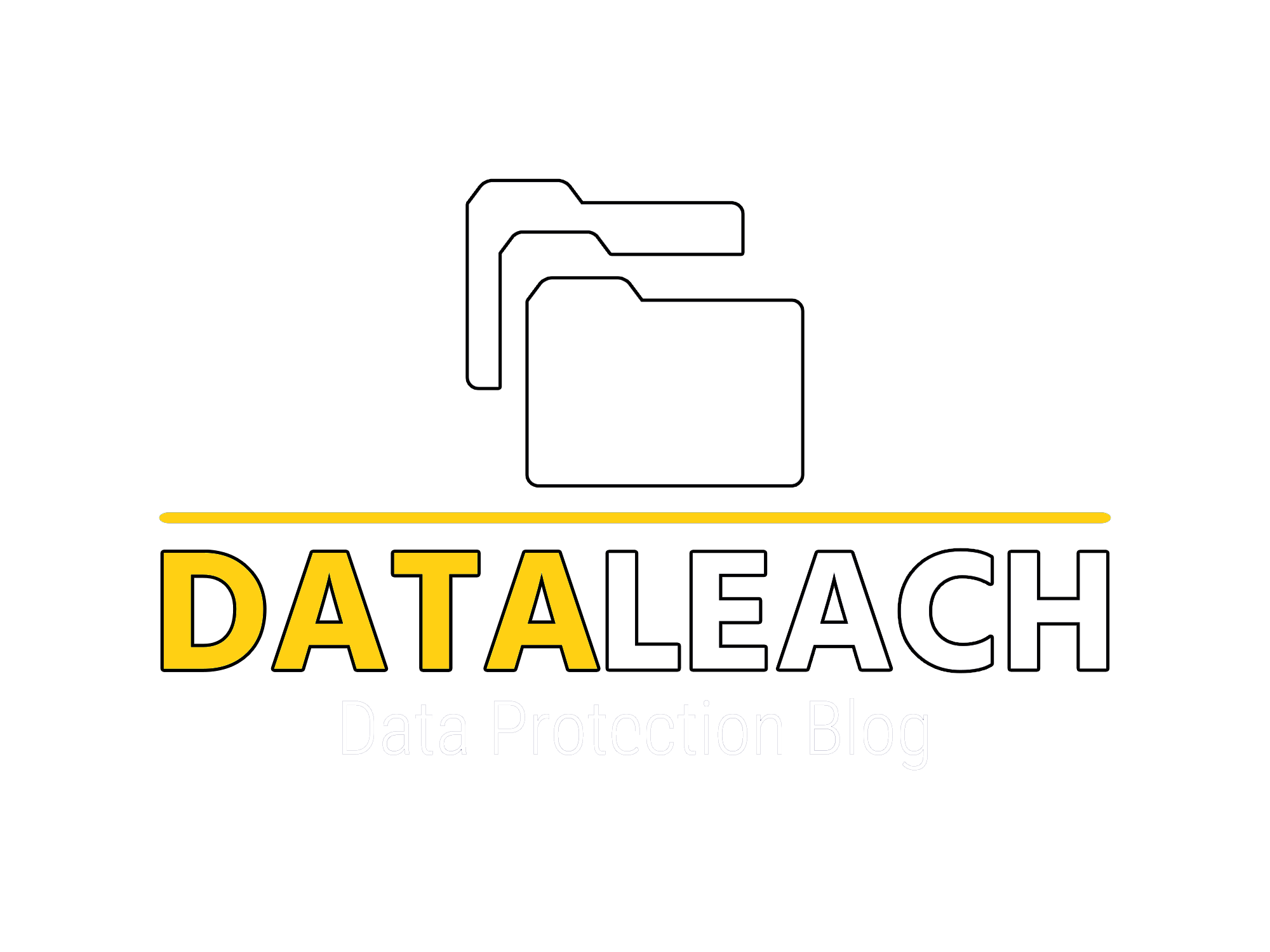RAID systems offer increased data protection and redundancy, but they can still fail. If you experience a RAID failure, you can use data recovery software or services to retrieve your lost data. There are both free and professional RAID data recovery options available, each with its own advantages and disadvantages.
Free RAID Data Recovery Software
Free RAID data recovery software can be a valuable resource for recovering lost data from failed RAID systems. However, it’s important to understand the limitations of free software options. For example, some free software may only be able to recover data from certain RAID configurations or file systems. Additionally, some free software may have a limit on the amount of data that can be recovered.
Some popular free RAID data recovery software options include:
- TestDisk: TestDisk is a free and open-source tool that can recover lost partitions and fix boot issues. It supports various file systems, including NTFS, FAT, exFAT, ext2/3/4, and others.
- RAID Reconstructor: RAID Reconstructor is another free tool that can recover data from RAID 0, RAID 5, and RAID 6 arrays. It works by analyzing the RAID configuration and creating a virtual RAID that can be used to recover the data.
- R-Studio: R-Studio is a data recovery software that can recover data from various file systems and supports RAID recovery. It can recover data from RAID 0, RAID 1, RAID 5, and RAID 6.
- UFS Explorer RAID Recovery: UFS Explorer RAID Recovery is a free tool that can recover data from various RAID configurations, including RAID 0, RAID 1, RAID 5, and RAID 6. It can also recover data from virtual and software RAIDs, as well as from NAS devices.
- RAID Recovery for Windows: RAID Recovery for Windows is a tool that can recover data from RAID 0, RAID 5, and RAID 6 arrays. It uses advanced algorithms to analyze the RAID configuration and rebuild the data from the remaining drives.
Professional RAID Data Recovery Services
Professional RAID data recovery services typically involve physically recovering the data from the failed hard drives in a cleanroom environment. These services can be expensive, but they may be the only way to recover your data if your RAID system is severely damaged.
When choosing a professional RAID data recovery service, it’s important to select a reputable and experienced company. Research their track record, read customer reviews, and ask for references before making a decision.
When to Use a Professional RAID Data Recovery Service
You should consider using a professional RAID data recovery service if:
- You need to recover a large amount of data.
- Your RAID system is severely damaged.
- You have tried using free RAID data recovery software and have been unsuccessful.
Conclusion
Free and professional RAID data recovery software and services can be a valuable resource for retrieving lost data from failed RAID systems. However, it’s important to understand the limitations of free software options and to choose a reputable professional service if necessary. Regular backups can also help to prevent data loss and minimize the need for data recovery.
Additional Tips
- If your RAID system fails, do not attempt to repair it yourself. Instead, contact a professional data recovery service.
- If you are using a free RAID data recovery software, be sure to create a backup of your data before running the software. This will help to prevent further data loss.
- Be prepared to pay a premium for professional RAID data recovery services. However, it’s important to remember that your data is worth investing in.
Preventing Data Loss
The best way to prevent data loss is to have a regular backup of your data. This way, even if a RAID failure occurs, you can restore your data from the backup and minimize the need for data recovery.
There are many different ways to back up your data, such as using an external hard drive, cloud storage, or a network-attached storage (NAS) device. Choose a backup method that meets your needs and budget, and make sure to test your backups regularly to ensure that they are working properly.

